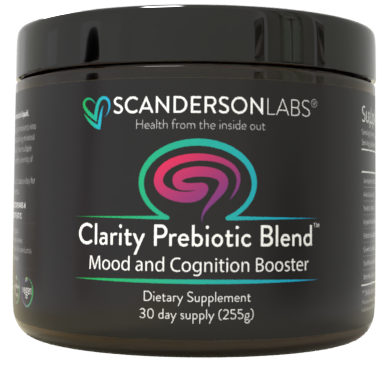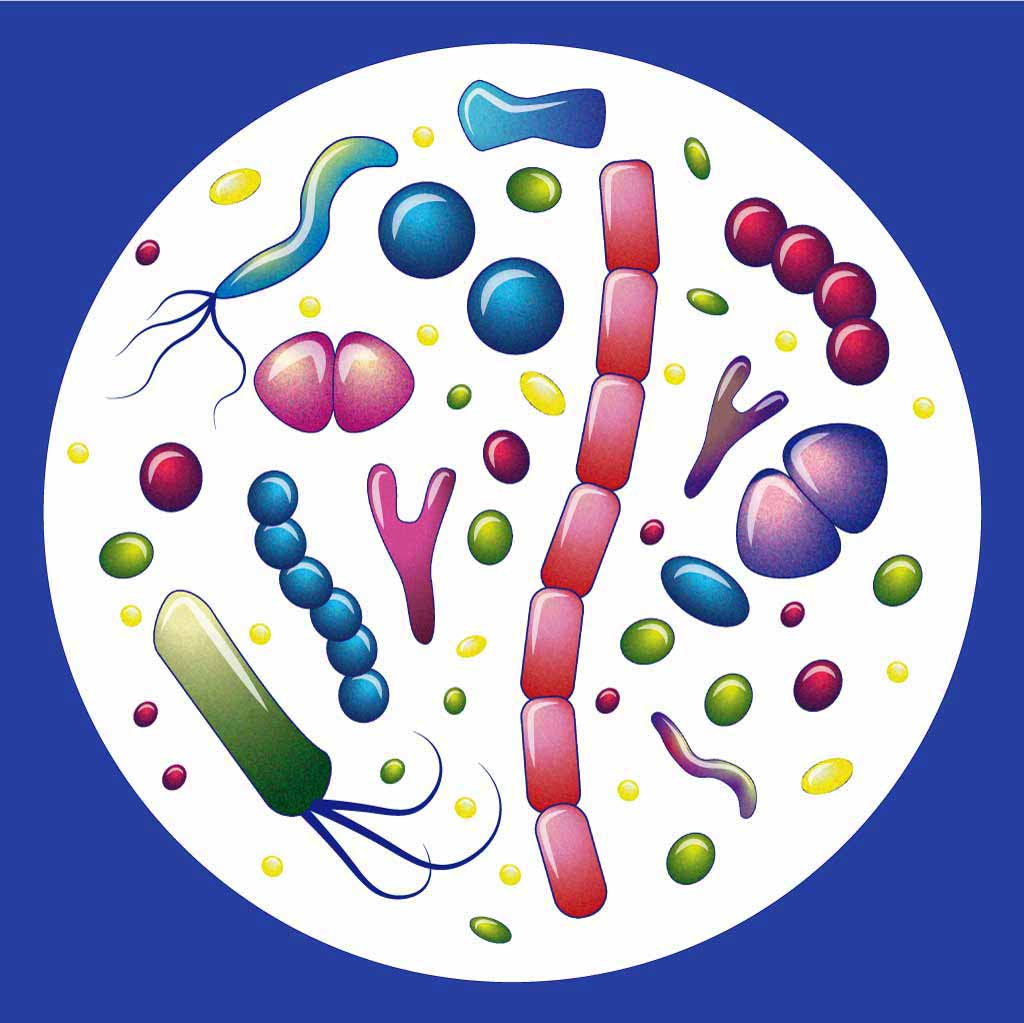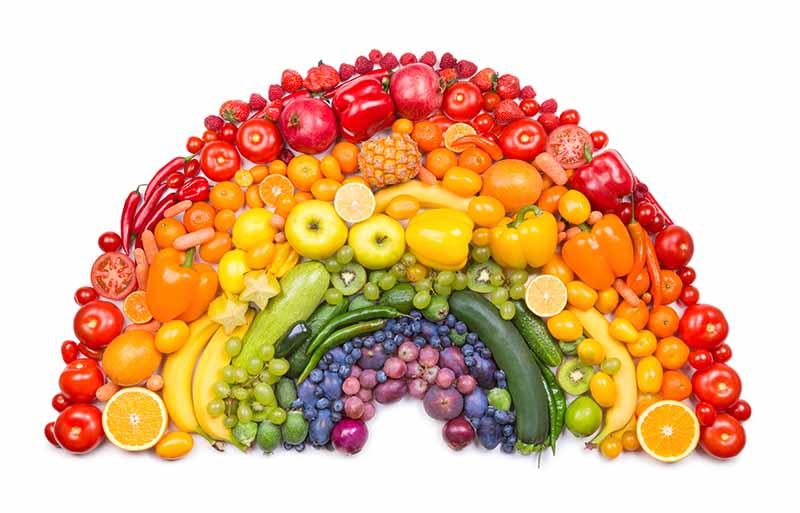Prebiotics Can Improve Brain Function by Balancing Gut Microbes
What are prebiotics? They should not be confused with probiotics, which are beneficial, living microbes. Probiotics get a lot of press, but prebiotics – the stuff that feeds those probiotics – are less familiar. Recently, a new term has been added to this biotic lexicon: psychobiotic. The term was coined by John Cryan and Ted Dinan, prolific researchers from University College Cork in Ireland.
Psychobiotics were originally defined as probiotics that confer mental health benefits, which is a remarkable ability for mere microbes. However, the definition of psychobiotics has since been expanded to include prebiotics, which enhance the growth of these beneficial gut bacteria.
The notion of psychobiotics highlights a fascinating connection between the gut and the brain, and it can spell the difference between being happy and healthy or feeling sad and sick. It is amazing that a major driver of this effect is the batch of tiny microbes that live in your gut. Although you have microbes covering every inch of your skin and intestines, the bulk of them live in your colon. It isn’t just a smattering; most people have around three pounds of microbes in their gut. Although diminutive, they have an outsized effect on your mood and cognition.
You can make sure that you have plenty of beneficial psychobiotics by eating a diverse diet of veggies and fruit. However, if you can’t manage five helpings of fiber-rich foods a day, you might try a supplement. In order to get a wide diversity of prebiotics and polyphenols, try a prebiotic blend.

BUY ON AMAZON
Balance and diversity are key
As long as they are balanced, gut microbes act like a model community, helping to break down complex sugars and fight off pathogens. Balance is achieved through diversity. The more species you have, the more stable the ecology, with a proper balance between prey, predators, and symbionts to maintain a long-lived, healthy community.
If they lose their diversity, perhaps because one species starts to dominate, things can go downhill quickly. An unfettered bacterial species can eat through the mucus layer lining the gut and even eat through the delicate gut lining itself. When that happens, toxins and bacteria can enter the bloodstream, where they are pumped to every organ in your body, including your brain.
This is called a “leaky gut,” and it can lead to systemic inflammation as your body attempts to track down and kill the marauders. Inflammation, in turn, can lead to depression and anxiety. In severe cases, your blood-brain barrier may be breached, and the brain can be infected by these wayward microbes.
Scientists now believe many cases of depression start this way. It follows that a large percentage of people with depression also have gut issues, and psychiatrists should take note. Addressing gut problems can help with mental issues, as strange as it sounds. It goes beyond the mental benefits: A healthy gut also lowers the odds of obesity, heart disease, and diabetes.
What to do?
Several things contribute to a well-balanced, diverse gut microbiota. Exercise does wonders, as does getting the right amount of sleep. But the number-one contributor to a healthy gut is diet.
Ferments and fiber are important contributors to diversity. Ferments are composed of live bacterial cultures grown with veggies, fruit or dairy. These bacteria are probiotics, which can also be taken as supplements. However, it’s worth noting that most fermentative bacteria can’t colonize your gut, so they only contribute to gut health as they pass through.
Prebiotic fiber, on the other hand, acts as food for the good bacteria already living in your gut. Prebiotics are complex sugars – also known as fiber – that our own acids and enzymes can’t break down, but our gut microbes can.
If you want to diversify your gut microbes, you need to eat a variety of different fibers to feed them. That means eating five or more different veggies and fruits every day, and hopefully eating 20 or more each week. Each veggie or fruit has its own unique mix of prebiotics and polyphenols that supports select microbial species, with knock-on effects on dozens of symbiotic microbes.
Sadly, only one in eight Americans manage to consume such a medley of veggies. If you are one of the other seven, you might try a prebiotic supplement. Many prebiotics are based on fructo-oligosaccharide, or FOS, typically derived from chicory. Another popular prebiotic is galacto-oligosaccharide, or GOS. FOS and GOS have been shown to improve depression and anxiety when consumed at a rate of five grams per day. Prebiotics have been shown to benefit issues with the gut-brain axis, including stress resilience, sociability, and depression. These studies have also found that a mix of prebiotics is superior to any single one.
The beauty of prebiotics is that you are feeding existing microbes in your gut, the kind that stick around, unlike the probiotics in yogurt, for example. Eating a sufficient number of veggies, fruits, and supplemental prebiotics can convert your gut to a healthy microbial profile that will kill off pathogens and heal a leaky gut. That allows your immune system to dial down inflammation, boosting your overall health. And that, finally, frees your brain from battling toxins and pathogens, leading to better cognition and a happier mood.
One caution about fiber and prebiotics: They can make you gassy. They feed various bacteria that produce methane and hydrogen. Beans, for instance are full of prebiotic fiber, and even children understand the consequences of overconsumption. However, over time other bacteria will grow that consume some of the gas, mitigating the problem. This is why you should start slowly and let your microbiota adjust.
Don’t let this stop you: Flatulence is funny, depression is not. Give prebiotics a chance. They may be just what you – and your microbes – need to feel better.



